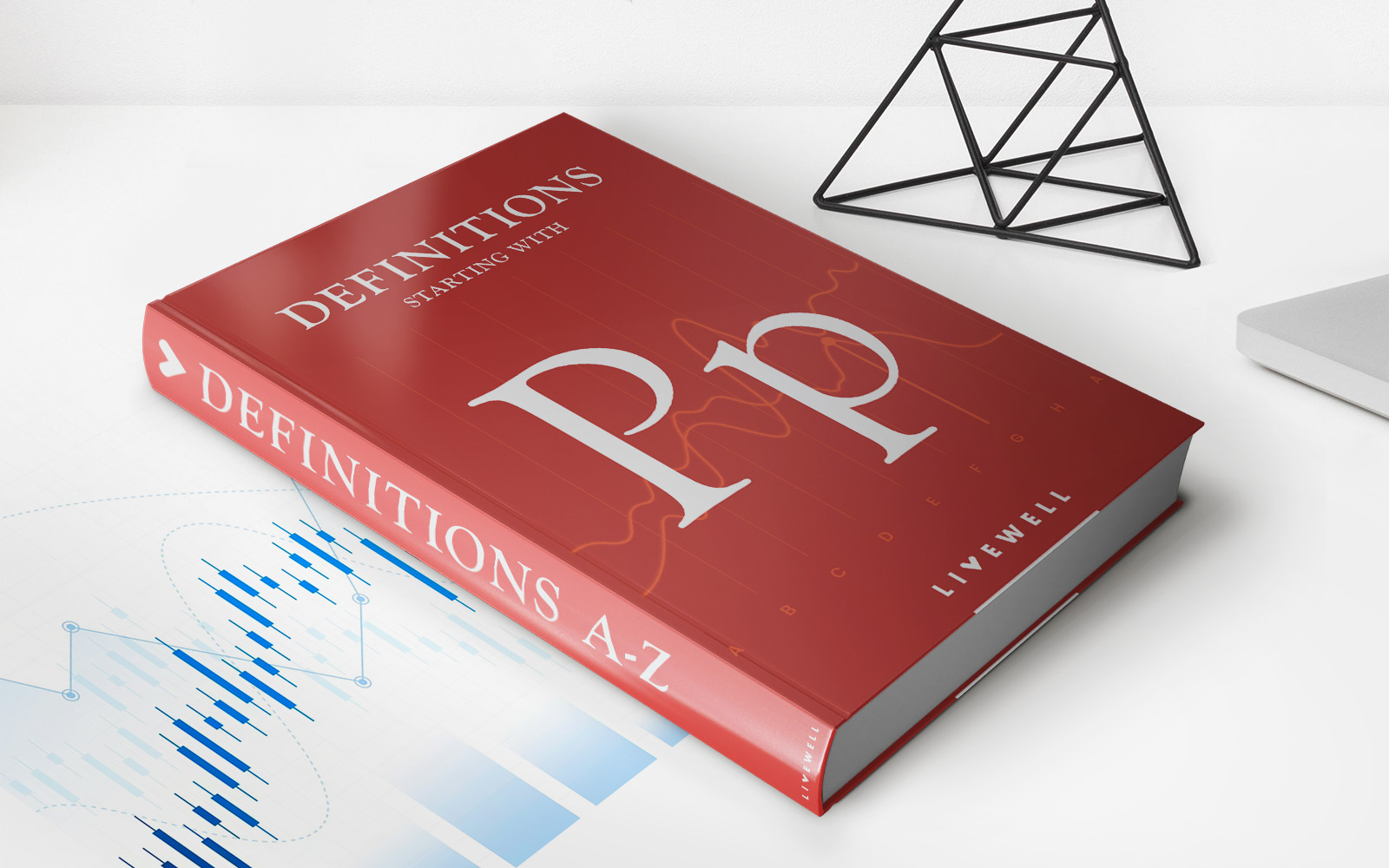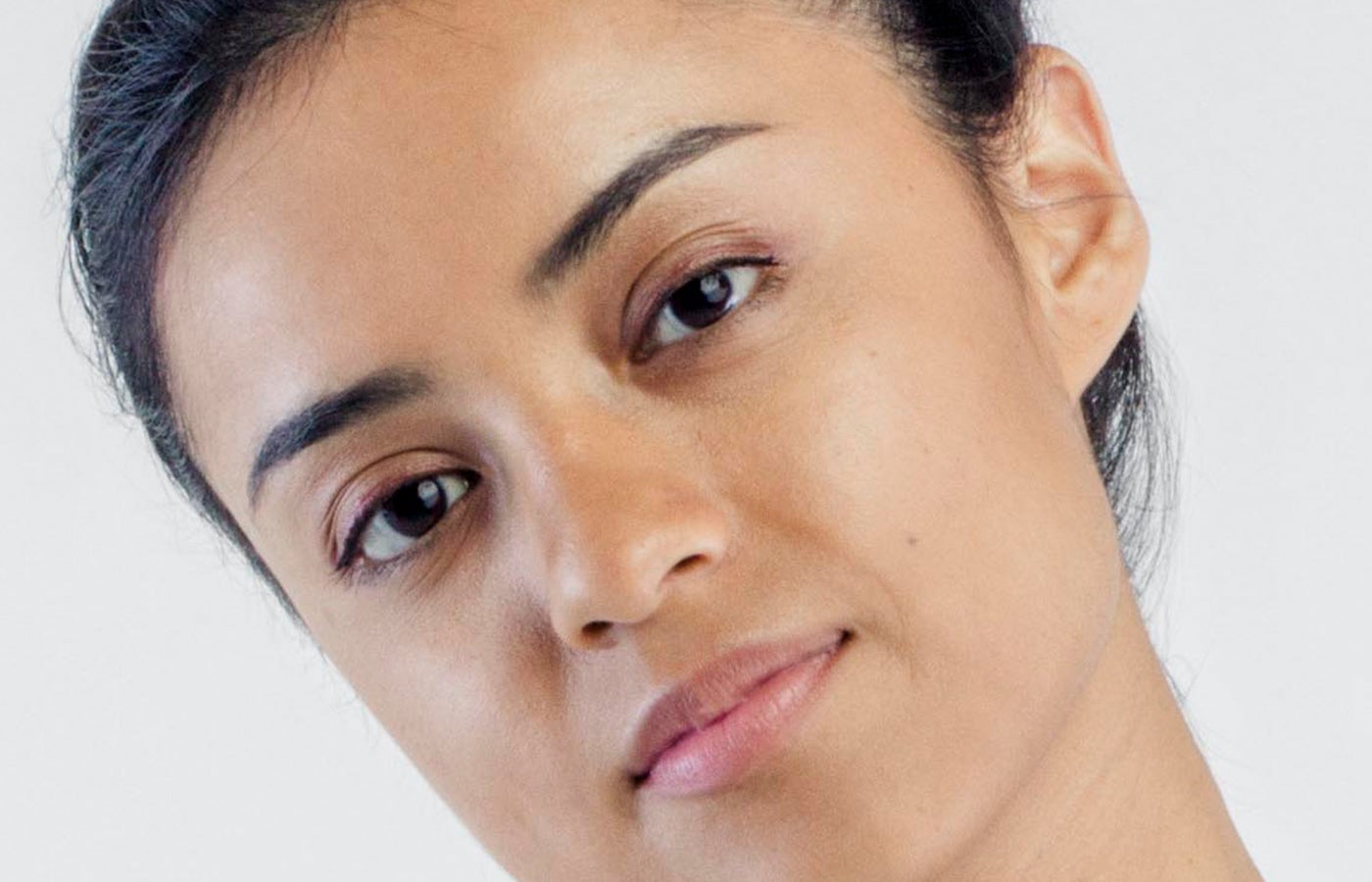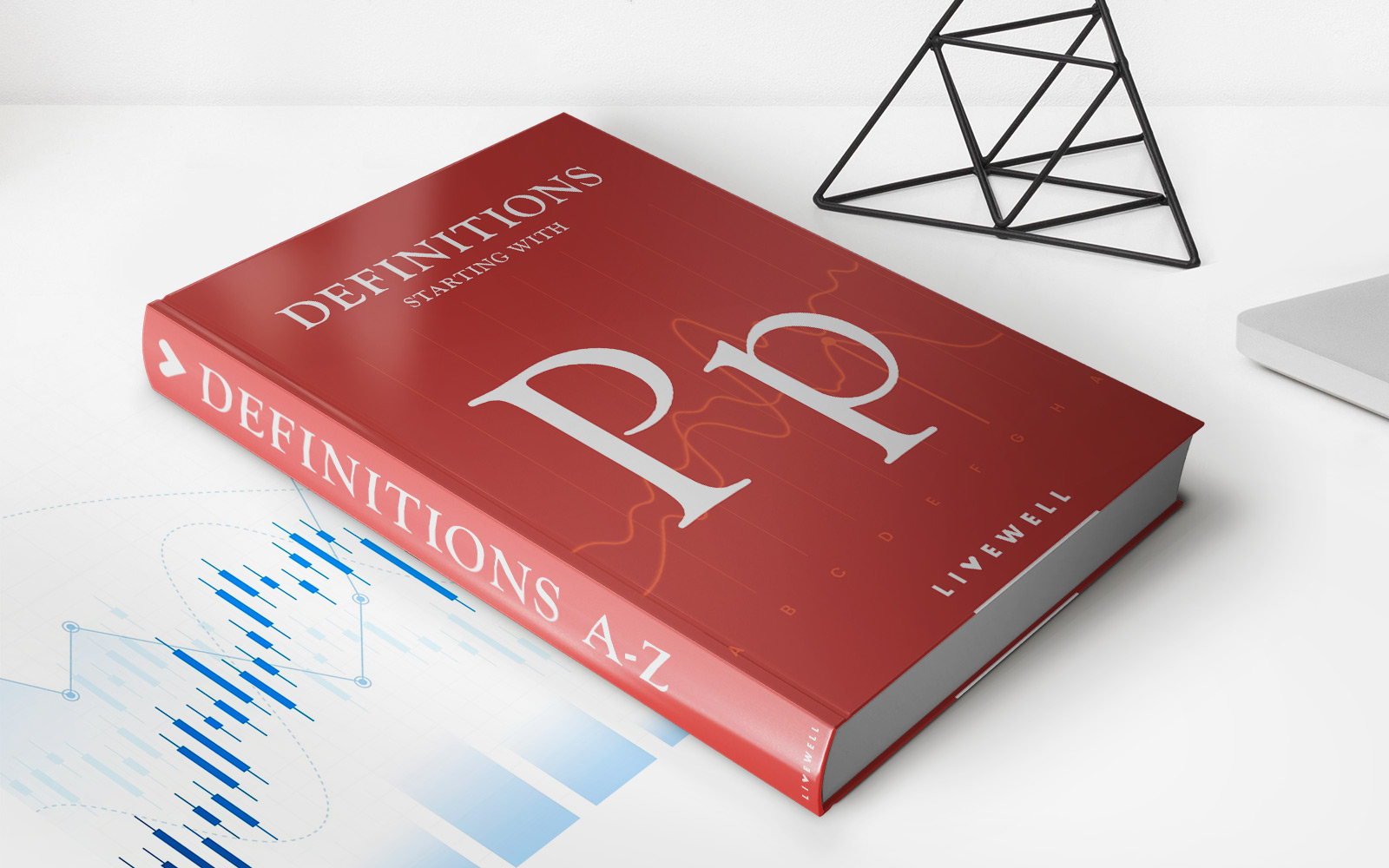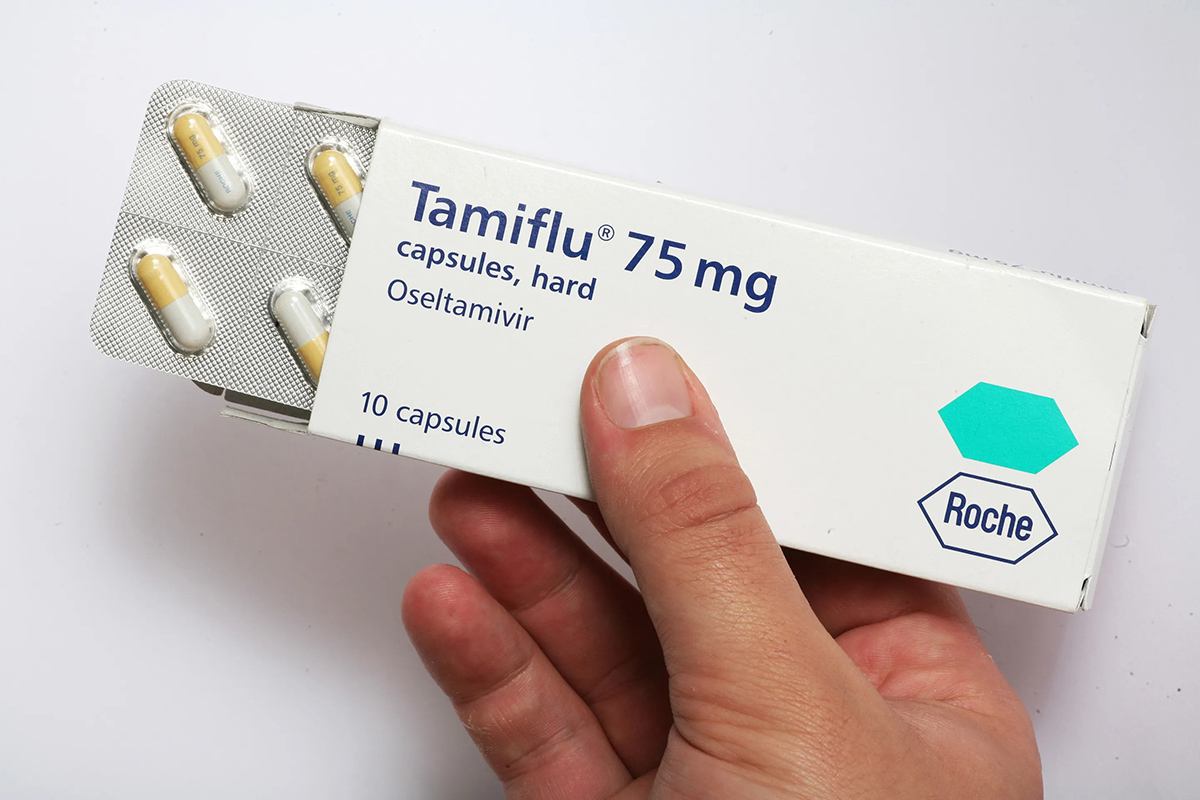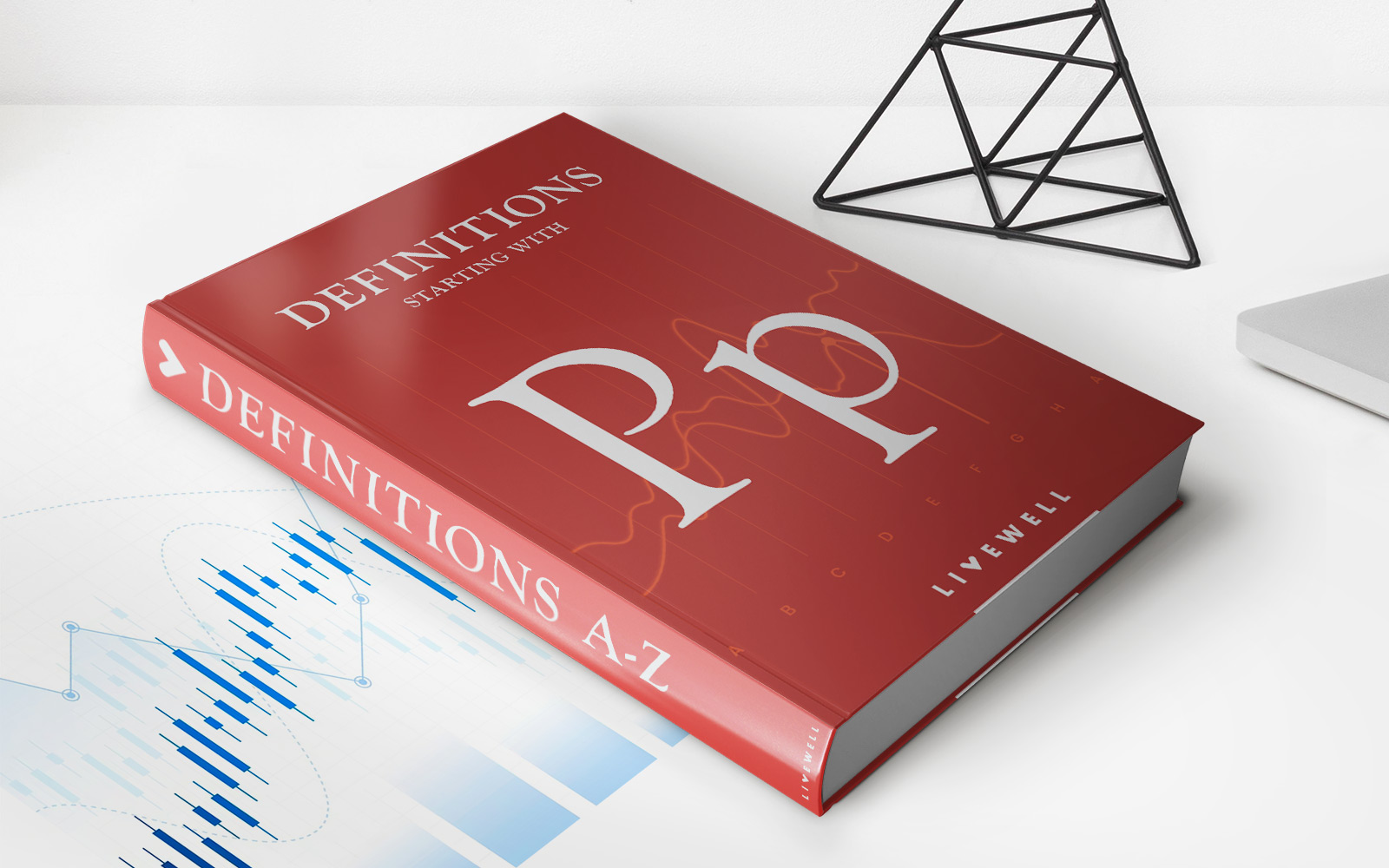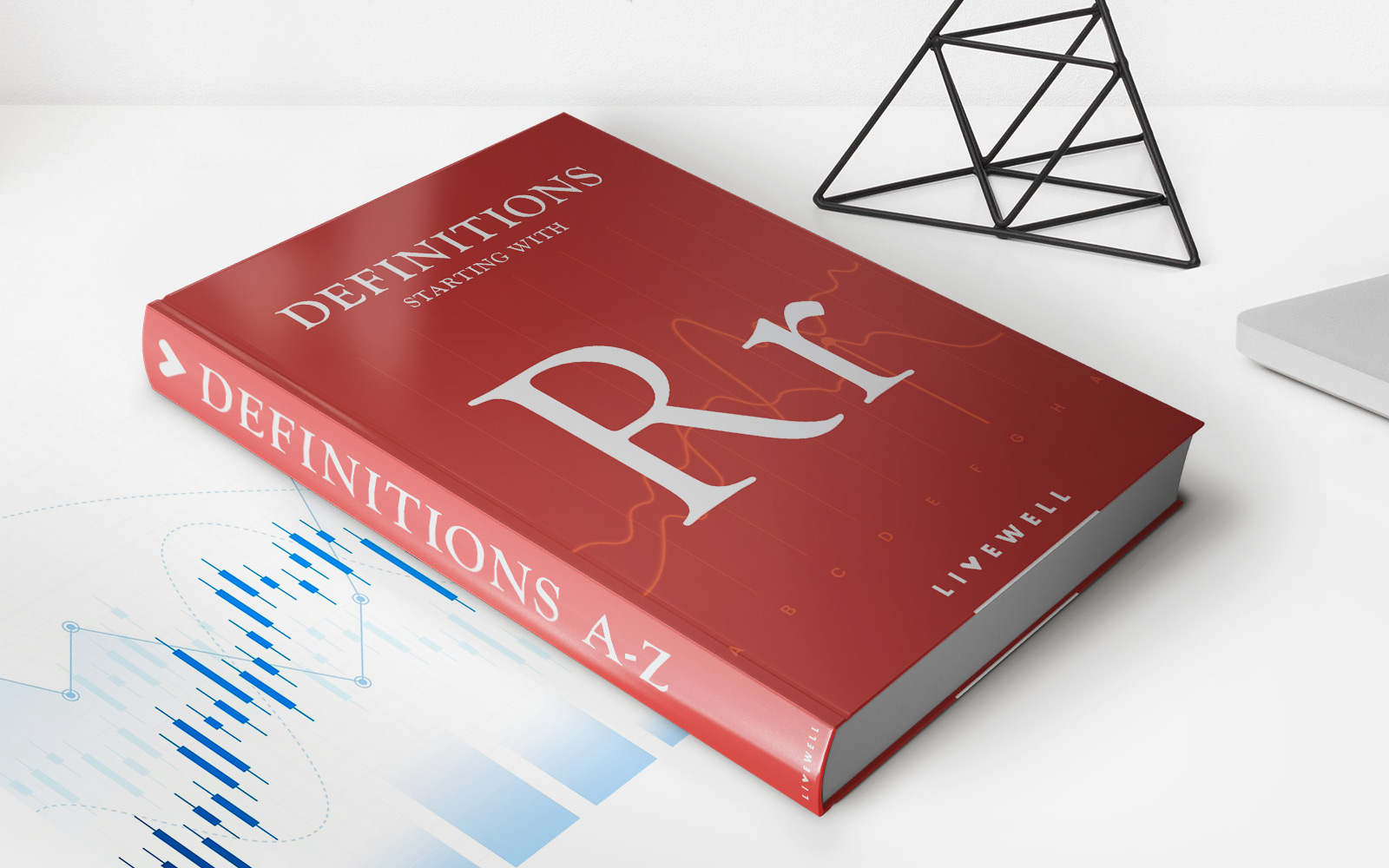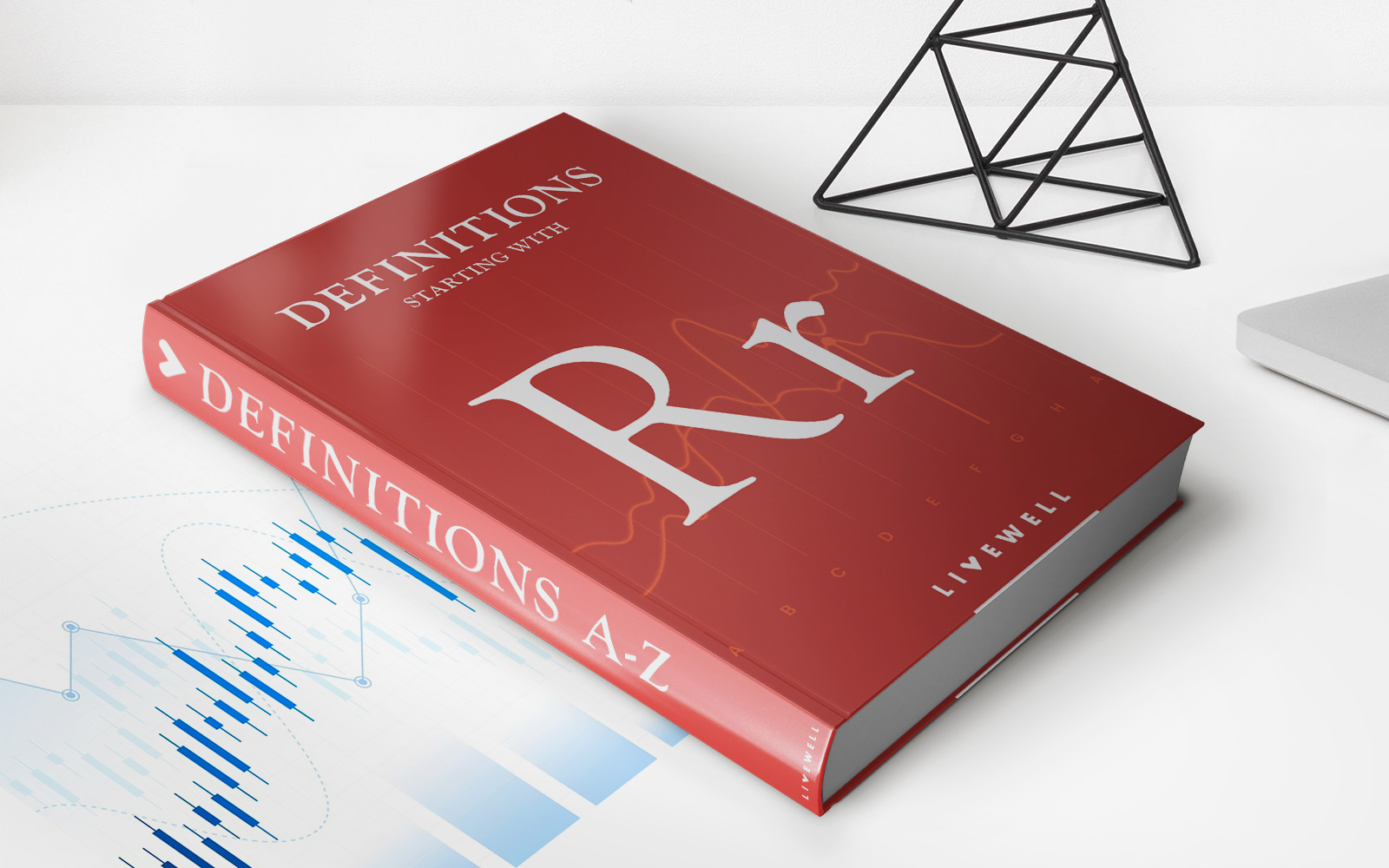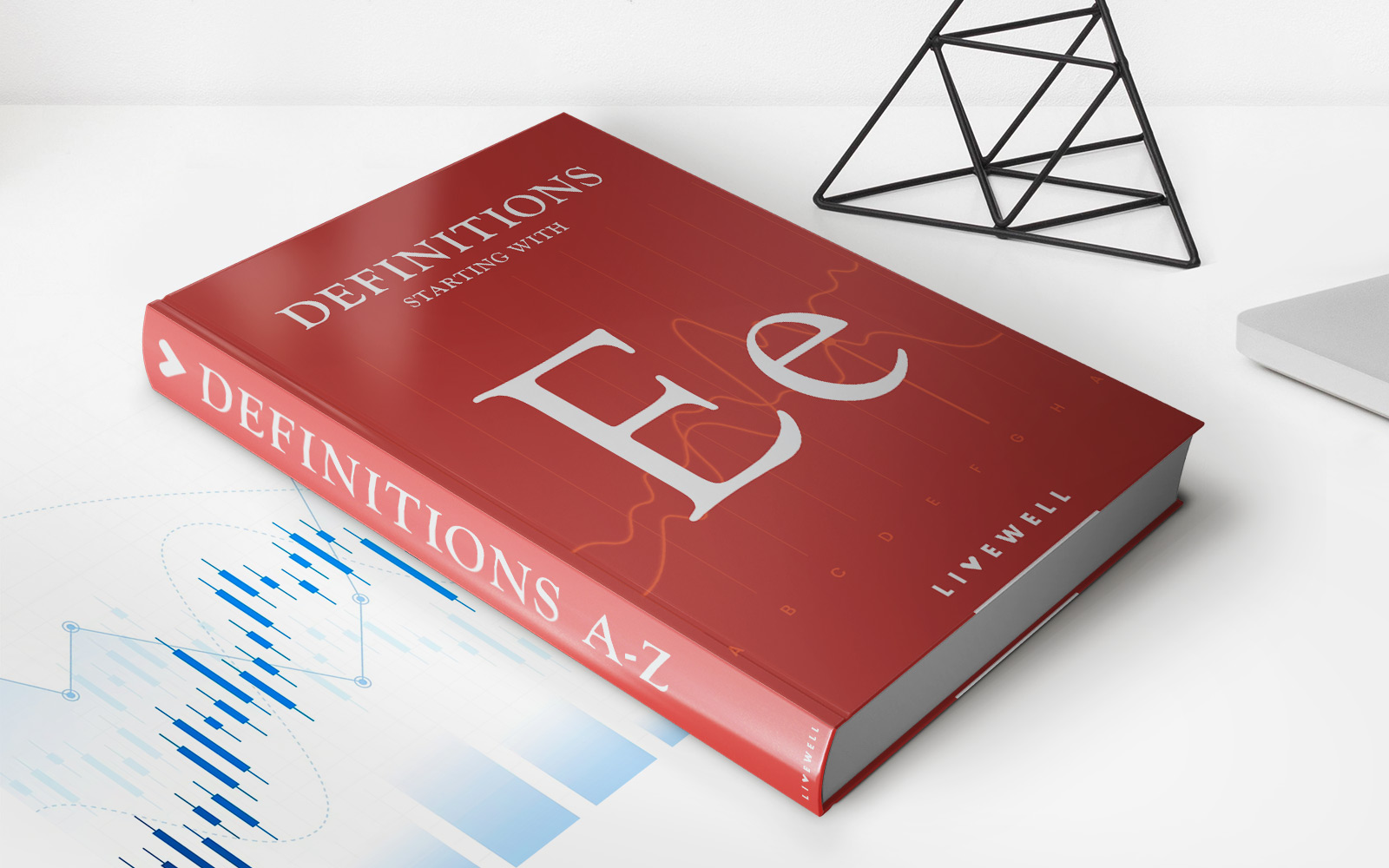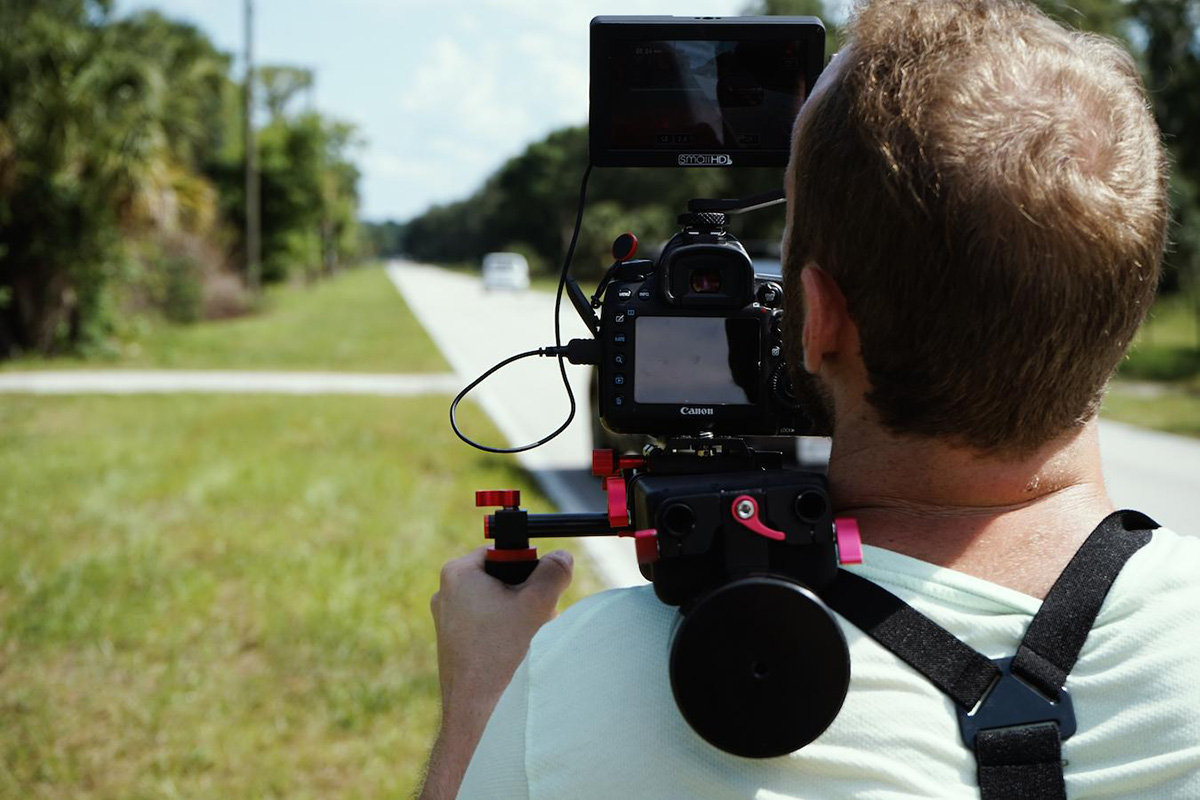

Finance
How Much Is Production Insurance
Published: November 23, 2023
Find out the cost of production insurance and get expert advice on financing options. Protect your business with comprehensive coverage.
(Many of the links in this article redirect to a specific reviewed product. Your purchase of these products through affiliate links helps to generate commission for LiveWell, at no extra cost. Learn more)
Table of Contents
Introduction
When it comes to producing content, whether it’s a film, a television show, or a commercial, there are many risks involved. From equipment failures to accidents on set, the potential for financial loss can be significant. That’s where production insurance comes in. An essential aspect of the entertainment industry, production insurance provides coverage and protection for the various aspects of a production.
Production insurance is a specialized form of insurance that is designed to safeguard production companies from unforeseen events and potential financial losses. It provides coverage for property damage, liability claims, and other related risks that can arise during the production process. Production insurance acts as a safety net, offering peace of mind and financial support in the event of accidents, injuries, or damages.
Whether you are a seasoned producer or just getting started in the industry, understanding the ins and outs of production insurance is crucial. Having the right coverage in place can help mitigate risks and protect your investment.
In this article, we will delve into the world of production insurance, exploring the different types of coverage available, factors that affect costs, and how to obtain the right insurance for your production. We will also look at common claims covered by production insurance and the benefits it provides to production companies.
What is production insurance?
Production insurance is a specialized type of insurance that provides coverage and protection for various risks that can arise during the production process. It is specifically tailored for the entertainment industry and is essential for any production, whether it’s a film, television show, commercial, or music video.
The primary purpose of production insurance is to protect the production company from financial loss due to unforeseen circumstances. These can include property damage, injuries on set, equipment breakdowns, and liability claims. By having the right insurance coverage in place, production companies can minimize the financial risks associated with their projects.
Production insurance typically includes several types of coverage, such as:
- Property Damage: This coverage protects against damage or loss of property, including sets, equipment, props, and costumes, during the production process.
- Liability Coverage: This coverage protects against third-party claims for bodily injury or property damage that may occur during production. It includes coverage for legal defense costs and settlements.
- Errors and Omissions (E&O) Insurance: This coverage protects against claims alleging copyright infringement, defamation, invasion of privacy, and other related issues that may arise from the content produced.
- Cast and Crew Coverage: This coverage offers protection for the health and well-being of the cast and crew involved in the production, including coverage for medical expenses and workers’ compensation claims.
- Weather and Natural Disasters: This coverage protects against interruptions or delays in production due to adverse weather conditions or natural disasters.
Each production is unique, and the insurance needs may vary depending on factors such as budget, location, and type of production. It is important to work closely with an experienced insurance broker or agent who specializes in entertainment insurance to determine the appropriate coverage for your specific project.
Types of production insurance
Production insurance encompasses various types of coverage that are tailored to the specific needs of the entertainment industry. Understanding the different types of production insurance can help you determine the right coverage for your production. Here are some common types of production insurance:
- Property Insurance: This type of insurance protects the physical assets involved in the production, including sets, props, equipment, and costumes. It covers risks such as damage, theft, or loss of these items.
- Liability Insurance: Liability insurance is essential for any production as it covers potential legal claims arising from accidents, injuries, or property damage that occur during the production process. It protects the production company from financial loss and covers legal defense fees and settlements.
- Errors and Omissions (E&O) Insurance: E&O insurance safeguards the production company against claims alleging copyright infringement, defamation, unauthorized use of intellectual property, or other related issues. It is particularly important for projects involving distribution, as it protects against potential legal disputes.
- Cast and Crew Insurance: This type of insurance provides coverage for the health and well-being of the cast and crew during the production. It typically includes workers’ compensation, medical expense coverage, and coverage for disability or accidental death.
- Completion Bond: A completion bond guarantees that the production will be completed within the agreed budget and timeline. It provides financial security to investors and ensures that the project reaches completion even if unforeseen circumstances arise.
- Cancellation Insurance: Cancellation insurance protects against financial loss in the event of unforeseen circumstances that lead to the cancellation, postponement, or interruption of the production. It covers expenses already incurred and potential lost revenue.
- Weather and Natural Disaster Insurance: This type of insurance provides coverage for losses or delays caused by adverse weather conditions or natural disasters, such as hurricanes, floods, or earthquakes. It protects the production from financial losses resulting from interruptions or schedule changes.
It is important to assess the specific risks associated with your production and consult with an experienced insurance broker or agent to determine the appropriate types of production insurance coverage for your project. They can guide you in selecting the right policies, limits, and deductibles to ensure your production is adequately protected.
Coverage and Limits
When it comes to production insurance, understanding the coverage and limits is crucial to ensure that your production is adequately protected. The coverage and limits will vary depending on the type of insurance and the specific needs of your production. Here are some key factors to consider:
Property Insurance: Property insurance covers the physical assets involved in the production, such as sets, equipment, and props. The coverage includes risks such as damage, theft, or loss of these items. The policy may have specified limits for different categories of property, and it’s important to make sure that the coverage adequately reflects the value of the assets involved.
Liability Insurance: Liability insurance protects the production company from legal claims arising from accidents, injuries, or property damage that occur during the production process. The coverage typically includes third-party bodily injury and property damage claims. The policy will have limits that specify the maximum amount the insurance company will pay for each claim or aggregate claims.
Errors and Omissions (E&O) Insurance: E&O insurance protects the production company against claims alleging copyright infringement, defamation, unauthorized use of intellectual property, or other related issues. The coverage will have specified limits for different claims and may also include coverage for legal defense fees.
Cast and Crew Insurance: Cast and crew insurance provides coverage for the health and well-being of the individuals involved in the production. This may include coverage for medical expenses, workers’ compensation, disability, and accidental death. The policy will have specified limits for different types of coverage.
Completion Bond: The limits for completion bond coverage will depend on the budget and scope of the production. The bond typically guarantees that the production will be completed within the agreed budget and timeline, providing financial security to investors.
Cancellation Insurance: Cancellation insurance covers financial loss in the event of unforeseen circumstances that lead to the cancellation, postponement, or interruption of the production. The policy will have limits that specify the maximum amount the insurance company will pay for covered losses.
Weather and Natural Disaster Insurance: The limits for weather and natural disaster insurance will depend on the potential risks associated with the production location and the scope of coverage required. The policy will specify the maximum amount of coverage for losses or delays caused by adverse weather conditions or natural disasters.
It is important to work closely with an experienced insurance broker or agent to determine the appropriate coverage limits for your production. They will assess the specific risks involved and guide you in selecting the right policy limits and deductibles to ensure your production is adequately protected.
Factors Affecting Production Insurance Costs
When obtaining production insurance, it’s important to consider the factors that can affect the cost of your coverage. Insurance premiums are determined based on various factors that assess the level of risk associated with your production. Here are some key factors that can influence production insurance costs:
Production Budget: The budget of your production is one of the primary factors that insurance companies consider when determining the cost of coverage. Higher budget productions are typically associated with increased risks and potential for larger claims, which can result in higher insurance premiums.
Type of Production: The nature of your production, whether it’s a feature film, television show, commercial, or music video, can impact the insurance costs. Different types of productions entail varying levels of risks, and insurance companies assess these risks when quoting premiums.
Production Location: Where you choose to film your production can also impact insurance costs. Certain locations may pose higher risks due to factors such as extreme weather conditions, political instability, or increased potential for theft. Insurance premiums may be higher for productions filmed in these locations.
Duration of Production: The length of your production can affect insurance costs. Longer production periods may lead to higher premiums as there is a greater chance for accidents, equipment failures, or other incidents to occur over an extended timeframe.
Scale of Production: The scale of your production, including the number of cast and crew members, equipment usage, and complexity of the production, can influence insurance costs. Larger productions with a higher number of individuals and extensive equipment usage may require higher coverage limits, resulting in higher premiums.
Risk Factors: Insurance companies assess the specific risks associated with your production. Factors such as stunts, special effects, hazardous locations, and the use of valuable props or vehicles can contribute to increased insurance costs due to the higher potential for accidents or property damage.
Claims History: Your production’s claims history can impact insurance costs. If you have a track record of multiple and significant insurance claims in previous productions, it may result in higher premiums as insurance companies view it as an indication of higher risk.
Desired Coverage and Limits: The extent of coverage and the limits you require for your production insurance also affect the costs. Higher coverage limits or additional coverage options like E&O insurance or rental equipment coverage can increase insurance premiums.
It’s important to discuss these factors with your insurance broker or agent when obtaining quotes for production insurance. They can guide you in understanding the cost implications and help you find the right coverage at a reasonable price.
How to Get Production Insurance
Obtaining production insurance is a crucial step in protecting your production from unexpected risks and potential financial losses. Here are the steps to follow when getting production insurance:
- Assess Your Insurance Needs: Determine the specific risks associated with your production, taking into account factors such as the type of production, location, budget, and potential liabilities. This assessment will help you understand the types of coverage and limits required.
- Research Insurance Providers: Research reputable insurance providers and brokers that specialize in entertainment insurance. Look for companies with experience working with productions similar to yours and who understand the unique requirements of the entertainment industry.
- Get Multiple Quotes: Contact several insurance providers to get multiple quotes for comparison. Provide them with detailed information about your production, including the type, budget, filming locations, and any specific coverage needs.
- Review Policy Coverage and Exclusions: Carefully review the coverage details and exclusions of the insurance policies you are considering. Ensure that the policies align with your specific needs and provide adequate coverage for potential risks.
- Consider Additional Coverage Options: Depending on the nature of your production, consider additional coverage options such as E&O insurance, cast and crew coverage, or weather and natural disaster insurance. Discuss these options with the insurance providers to determine if they are necessary for your project.
- Understand Policy Terms and Conditions: Familiarize yourself with the terms and conditions of the insurance policies, including deductibles, coverage limits, policy duration, and any requirements or obligations you need to fulfill as the insured party.
- Review and Compare Premiums: Evaluate the premiums quoted by different insurance providers. Take into account the coverage offered, policy terms, and the reputation of the insurance company when comparing prices. Remember that the cheapest option may not always provide the comprehensive coverage you need.
- Work with an Insurance Broker: Consider working with an experienced insurance broker who specializes in entertainment insurance. They can guide you through the process, provide expert advice, and help you find the best coverage options at competitive prices.
- Finalize and Purchase the Policy: Once you have evaluated the quotes, selected the appropriate coverage, and reviewed the policy terms, proceed with purchasing the insurance policy that best suits your production’s needs. Ensure that all paperwork is completed accurately and make the required payments.
Remember, production insurance is an ongoing process. As your production progresses, make sure to keep your insurance provider informed of any changes or updates that may affect your coverage needs. Regularly review your policy to ensure it aligns with the evolving requirements of your production.
Common Claims Covered by Production Insurance
Production insurance provides coverage for a wide range of risks and potential claims that can occur during the production process. Understanding the common claims covered by production insurance is essential to ensure adequate protection for your production. Here are some of the most common claims covered:
Property Damage: Production insurance typically covers property damage to sets, equipment, props, and costumes. This includes damage caused by accidents, natural disasters, fire, theft, or vandalism during the production.
Liability Claims: Production insurance protects against third-party claims for bodily injury or property damage that occur during the production. This can include injuries to cast and crew members, as well as accidents or damage caused to bystanders or external property.
Equipment Breakdowns: Coverage extends to equipment breakdowns, which can cause significant disruptions and financial loss. Whether it’s the failure of cameras, lighting equipment, or specialized machinery, production insurance can help cover the costs of repair or replacement.
Cancellation or Postponement: Production insurance provides coverage for the costs associated with the cancellation, postponement, or interruption of the production due to unforeseen circumstances. This can include reasons such as illness or injury to key cast or crew members, adverse weather conditions, or unexpected changes in filming permits.
Errors and Omissions: Production insurance typically includes coverage for errors and omissions (E&O) claims. This protects against allegations of copyright infringement, defamation, and related issues that may arise from the content produced. E&O coverage is especially important for projects involving distribution and exhibition.
Workers’ Compensation Claims: Injuries or accidents that occur to cast and crew members during the production process are covered by workers’ compensation insurance. This coverage helps pay for medical expenses, lost wages, and rehabilitative treatments.
Extra Expense Coverage: Production insurance may offer extra expense coverage, which helps cover additional costs incurred due to unexpected circumstances during production. This can include expenses related to replacing key personnel, renting alternate filming locations, or re-shooting scenes.
Stolen or Lost Equipment: In the event of theft or loss of equipment during the production, coverage can be provided to help replace or repair the lost items. This ensures minimal disruption to the production process and mitigates financial loss.
Damage to Locations: If the production causes damage to filming locations or other properties, production insurance can cover the costs of repairs or replacements.
Cast and Crew Illness or Injury: Production insurance includes coverage for medical expenses and potential legal claims arising from cast or crew members’ illness or injuries that occur during the production.
It’s important to review the specifics of your production insurance policy in detail to understand the scope of coverage and any exclusions. Working with an experienced insurance broker can help ensure that your production is adequately protected against these common claims and other potential risks.
Benefits of Production Insurance
Production insurance offers a range of benefits for production companies working in the entertainment industry. It provides essential coverage and protection against potential risks and financial losses. Here are some key benefits of production insurance:
Financial Protection: Production insurance acts as a safety net, offering financial protection in the event of accidents, property damage, or other unforeseen circumstances during the production process. It helps mitigate the financial impact of potential liabilities and ensures the production company is not solely responsible for the associated costs.
Peace of Mind: Knowing that your production is covered by insurance provides peace of mind. It allows you to focus on the creative aspects of the production without worrying about potential risks or incidents that could disrupt or derail the project.
Risk Mitigation: Production insurance helps mitigate risks associated with the production process. It covers a wide range of potential risks, such as property damage, liability claims, equipment failures, and natural disasters. By having insurance in place, production companies can minimize their exposure to financial risks and be better prepared for unforeseen events.
Liability Protection: In the event of accidents or injuries on set, production insurance provides liability coverage. This protects the production company from potential legal claims and the associated costs, including legal defense fees and settlements. It offers financial protection in case a third party claims injury or property damage caused by the production.
Contractual Obligations: Many production contracts and agreements require proof of insurance coverage. Having production insurance in place ensures that you can fulfill contractual obligations and secure necessary permits, locations, equipment rentals, and other crucial aspects of the production process.
Flexibility in Filming Locations: Production insurance gives you the flexibility to choose diverse filming locations. Insurance coverage can be tailored to each specific location, taking into account the unique risks associated with different areas, climates, and environments. This flexibility allows you to bring your creative vision to life without compromising on safety and protection.
Facilitates Financing and Investment: Production insurance provides assurance and confidence to investors and financiers. Having insurance coverage in place demonstrates that you have taken appropriate measures to mitigate potential risks, which can increase the likelihood of securing financing and investment for your production.
Support for Cast and Crew: Production insurance often includes coverage for the health and well-being of the cast and crew. This includes workers’ compensation coverage for injuries, medical expense coverage, and coverage for disability or accidental death. The insurance provides support and protection for the individuals involved in the production.
Business Continuity: In the event of unforeseen circumstances that lead to the cancellation, postponement, or interruption of the production, production insurance helps provide financial support and coverage for the costs already incurred. It ensures business continuity and minimizes the financial impact of such disruptions.
Production insurance offers valuable protection and support for production companies in the ever-changing and unpredictable entertainment industry. It is an investment that safeguards your production, providing financial peace of mind and allowing you to focus on creating remarkable content.
Conclusion
Production insurance is an essential component of any production in the entertainment industry. It provides coverage and protection against a wide range of risks and potential financial losses that can occur during the production process. By having the right insurance coverage in place, production companies can mitigate risks, secure financing, fulfill contractual obligations, and have peace of mind throughout the production.
In this article, we explored the various aspects of production insurance, including what it is, the types of coverage available, factors that can affect insurance costs, and how to obtain production insurance. We also discussed the common claims covered by production insurance and the benefits it provides to production companies.
From property damage and liability claims to equipment breakdowns and adverse weather conditions, production insurance offers financial protection and risk mitigation. It not only safeguards the production company’s investment but also supports the well-being of the cast and crew involved in the production process.
When seeking production insurance, it is important to assess the specific risks of your production, research reputable insurance providers, and obtain multiple quotes for comparison. Working with an experienced insurance broker can facilitate the process and ensure you have appropriate coverage at a reasonable price.
By understanding the importance of production insurance and taking the necessary steps to obtain comprehensive coverage, you can minimize financial risks, fulfill contractual obligations, and focus on bringing your creative vision to life. Production insurance offers peace of mind, financial protection, and the flexibility necessary to navigate the challenges of the entertainment industry.


